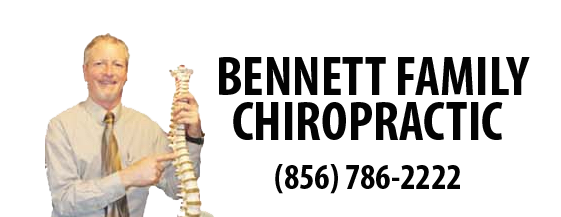Lower Back
 Common Back Problems
Common Back Problems
Sprain/Strain Syndrome
An injury or repeated poor posture, such as bending incorrectly, can stress the soft tissues in your back or neck. This can cause a sprain or a strain. A sprain refers to stretched or torn muscles or tendons. Low back pain, muscle spasm, stiffness, or limited movement are common symptoms of a sprain or strain.
Sacroiliac Joint Syndrome
Your sacroiliac joints are located on either side of your low back. Problems can occur when aging or overuse from actions, such as sitting for long periods, causes these joints to wear down. An injury or movement, such as a sudden twist, can also stretch and cause tiny tears in the joints and surrounding soft tissue. With SI joint syndrome, you may have sharp pain in the low back, hips, groin, and legs. Being overweight can make the pain worse.

 Facet Joint Syndrome
Facet Joint Syndrome
Low back pain, stiffness, and muscle spasm are often the result of facet joint syndrome. With this condition, injury, aging, or poor back habits cause your facet joints to wear down and rub against each other. Your joints may lose mobility or become slightly misaligned. In some cases, the ligaments connecting the joints may stretch or tear. You may notice increased pain when reaching, turning, or bending forward or backward.
![]() Degenerative Disc Disease
Degenerative Disc Disease
Discs wear down (degenerate) with age.
Poor movement patterns, such as repeated heavy lifting or poor posture, can speed this process. As discs degenerate, they dry out, narrow, and shrink. This causes them to flatten and lose their cushioning effect. Vertebrae may then rub against each other and cause bony outgrowths (spurs) to form. Also, surrounding soft tissues and nerves may be irritated. You\'ll likely have muscle spasm and deep ongoing pain in your low back. Pain may be worse when bending, reaching, or twisting.

Other disc problems ** flexion/distract table (hern disc-red)k
Low back pain and limited movement may be signs that you have a disc problem. For example, as a disc wears down, its outer ring can weaken. The center of the disc can then push out and create a bulge. A bulging disc can irritate nearby muscles, ligaments, or nerves. This can cause back pain that radiates down to your buttocks or legs. Symptoms of disc problems are often severe. If needed, your chiropractor will work with or refer you to other healthcare providers to treat your problems.

